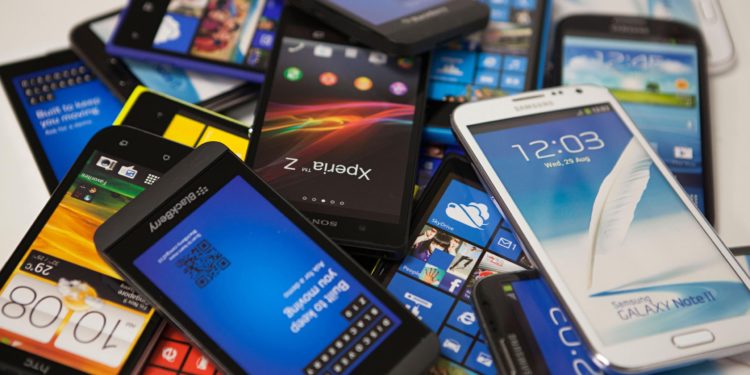The Kenya Copyright Board (KECOBO) announced on Tuesday that it plans to begin collecting a “blank tape levy” on devices that can be used to copy protected content for private use, starting September 15th.
The levy, also known as a private copying levy or blank media tax, is a government-mandated fee charged on purchases of recordable media in addition to any general sales tax.
Read more: Kenya’s Smartphone Shortage Expected to Persist as Import Costs Rise Sharply
The revenue generated will be allocated to content developers and creators as compensation for potential revenue lost due to legal private copying.
“This is to notify the general public of the commencement of the implementation of the Blank Tape Levy with effect from September 15, 2023, pursuant to sections 28(3)(6) and 30(6) of the Copyright Act and the second schedule part B of the Copyright Regulations 2020,” KECOBO said in a statement.
“Blank Tape Levy is collected on items that may be used to carry copyright-protected content for private copying payable at the point of entry into Kenya or at the point of first manufacture locally,” the agency added.
The levy will affect prices of blank CDs, DVDs, USB flash drives, smartphones, tablets, computers, audio and video recording devices, photocopiers and scanners when the devices enter Kenya or are first manufactured locally.
The notice did not specify the exact amount of the levy.
Such levies have existed in some countries since the 1960s and are often considered compensation for the impact of illegal file sharing, though technically they account for legal private copies made by consumers.
The new fee aims to compensate authors, performers and producers for revenue potentially lost due to unauthorized private copying, as mandated under Kenya’s Copyright Act.
KECOBO is a government agency created under Section 3 of Kenya’s Copyright Act, Chapter 130. It is tasked with administering and enforcing copyright and related rights within the country.
Email your news TIPS to editor@thesharpdaily.com















